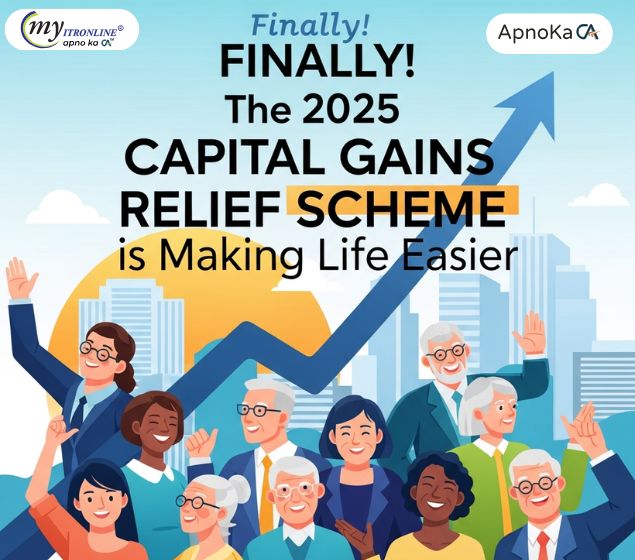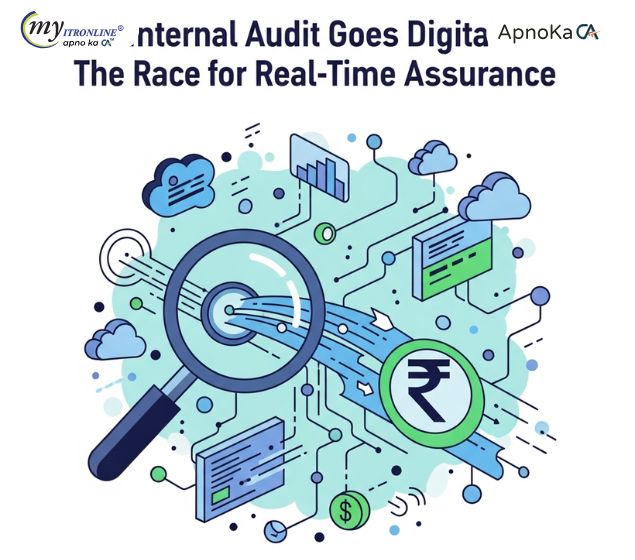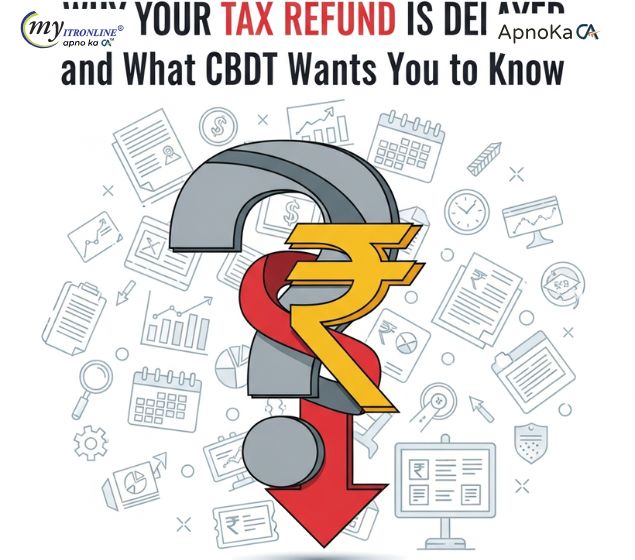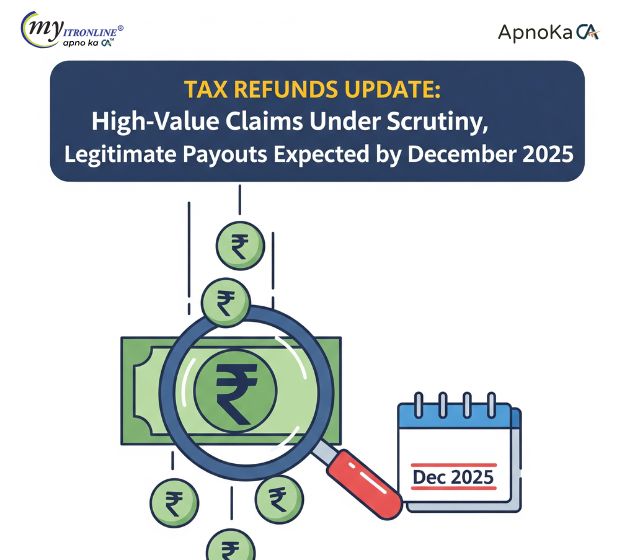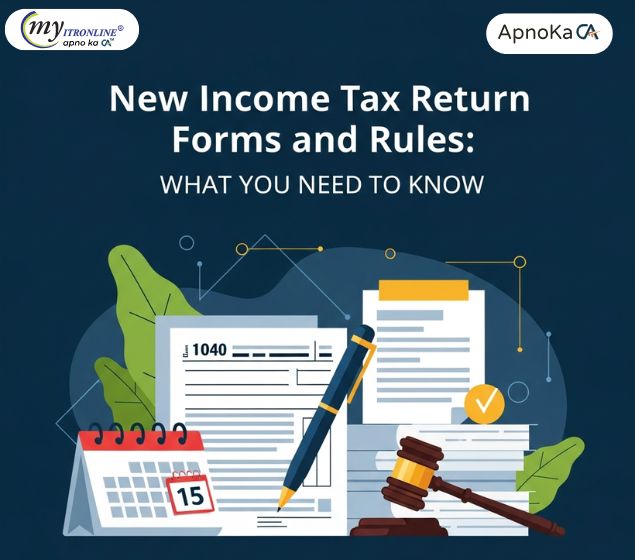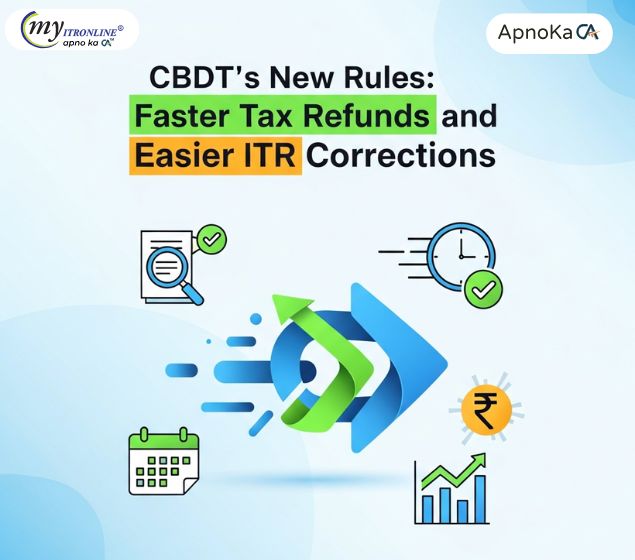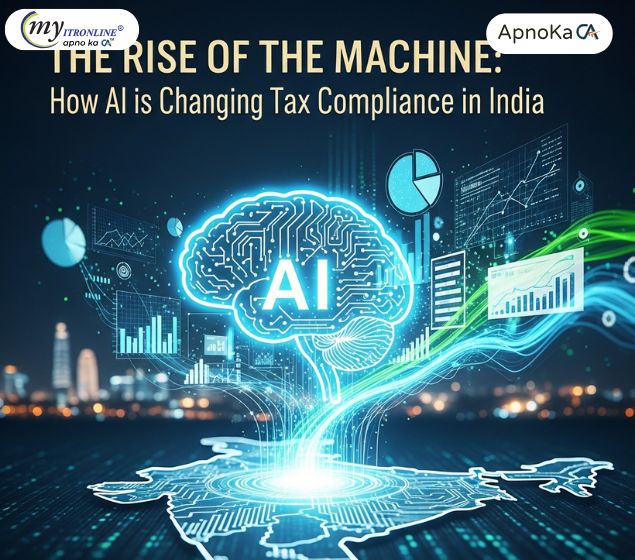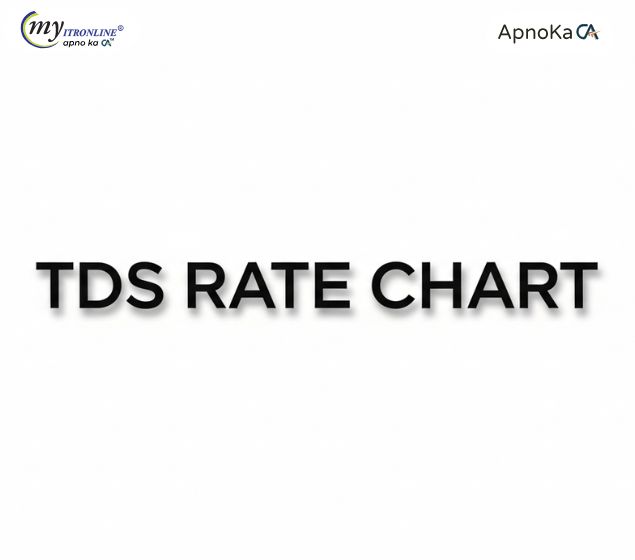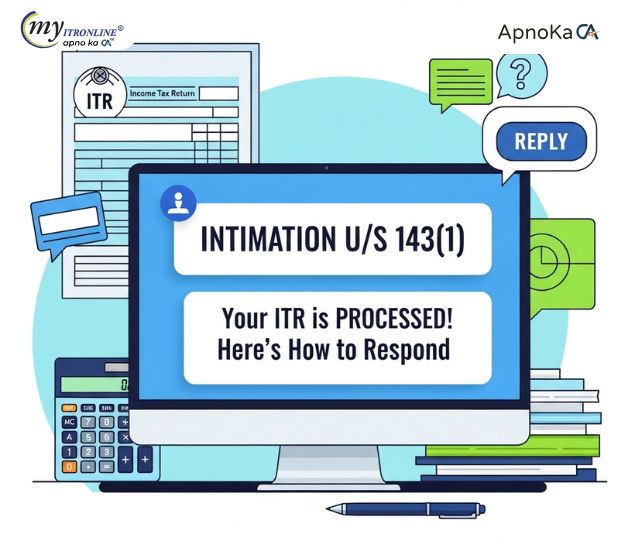Exploring the Latest Tax Incentives for Startups and MSMEs in 2025
In 2025, the Indian government will implement new tax breaks for startups and MSMEs to encourage innovation, alleviate financial constraints, and boost development. Extended tax vacations, lower corporate tax rates, larger turnover limits for presumptive taxation, GST concessions, and capital gains exemptions are among the most significant advantages. These steps are intended to boost competitiveness, increase cash flow, and facilitate digital transformation in the MSME sector.
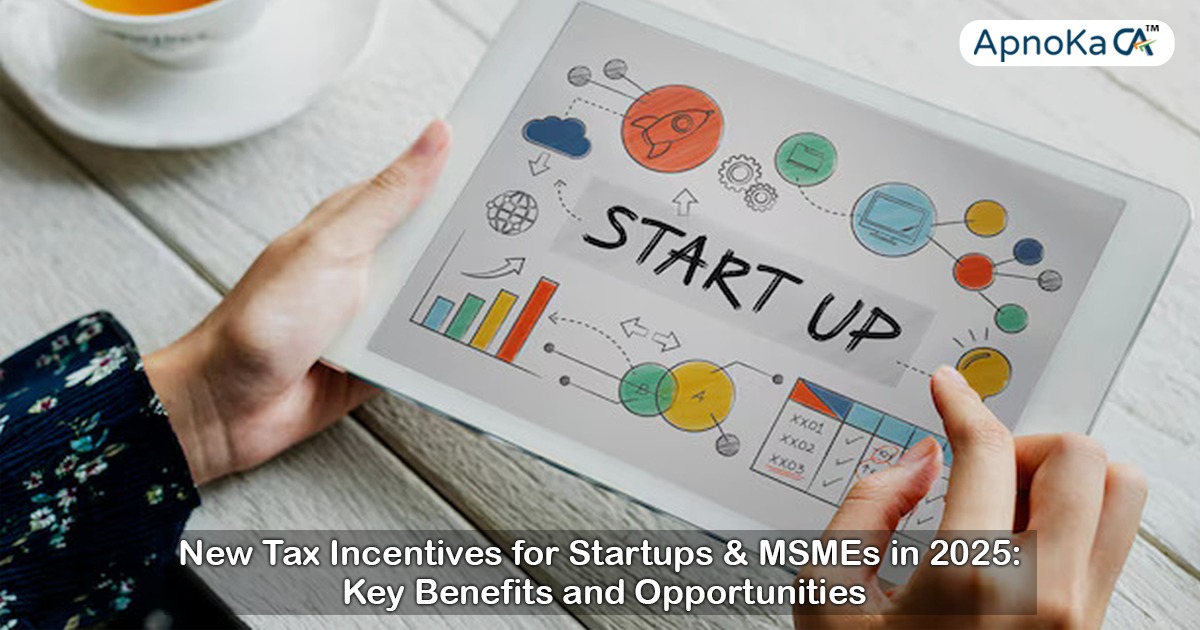
Introduction
The Indian government continues to support entrepreneurship and ensure lucrative growth for startups and Micro, Small, and Medium Enterprises (MSMEs). The Union Budget 2025 includes various new tax breaks aimed at lowering financial constraints and encouraging company development. These programs seek to boost innovation, increase competitiveness, and improve the MSME sector, which is an important pillar of the Indian economy.
1. Extended Startup Tax Holiday
To foster innovation, the government has extended the tax holiday plan under Section 80-IAC for registered startups until March 31, 2026. Eligible startups can claim a full tax break on profits for three consecutive years within the first ten years of operation. This will bring financial respite to early-stage entrepreneurs, allowing them to reinvest their savings in business development, research, and technology.
2. Reduced Corporate Tax Rates
For startups: The 15% concessional tax rate (plus appropriate surcharges and cess) has been extended to newly established entrepreneurs. This will drastically reduce the tax burden while increasing profits.
For MSMEs: The corporation tax rate for MSMEs with a turnover of up to ₹250 crore has been decreased from 25% to 22%. This allows small enterprises to keep revenues and expand operations. This decrease will enable MSMEs to stay competitive in both domestic and international markets.
3. Increasing the Turnover Limit for Presumptive Taxation
Sections 44AD and 44ADA have enhanced the turnover limitations for MSMEs and professionals opting for presumptive taxes.
- MSMEs may now pay taxes from ₹2 crore to ₹3 crore, making compliance easier.
- Self-employed professionals like physicians, attorneys, and consultants can benefit from a flexible salary range of ₹50 lakh to ₹75 lakh.
This increase simplifies taxation by allowing firms and professions to pay tax based on a fixed proportion of their revenue, avoiding the need for significant recordkeeping and audit.
4. GST Concessions and Faster Refunds
The GST exemption threshold for small enterprises has been increased to ₹50 lakh, cutting compliance costs and enabling more efficient operations.
MSMEs would benefit from speedier GST refunds, which will boost liquidity and cash flow management.
The Input Tax Credit (ITC) claim procedure has been simplified, making it easier for firms to recoup taxes spent on inputs and raw materials.
5. Incentives for Digital Transactions and Compliance
To encourage digital usage and financial transparency, entrepreneurs and MSMEs would earn greater deductions for digital transactions. Companies who perform at least 90% of their transactions online will qualify for lower TDS rates and other compliance benefits. This campaign promotes businesses to accept digital payments, decreasing their reliance on cash and enhancing financial tracking.
6. Capital Gains Exemptions for Investment in Startups
Section 54GB has been amended to allow investors to claim capital gains exemption if they reinvest revenues from asset sales in qualifying startups. This exemption will boost investment in the startup environment, promoting innovation and entrepreneurship. Investors seeking for tax-efficient strategies to develop their wealth can profit greatly from this provision.
7. Increased Credit Guarantee for MSMEs
The government has increased the Credit Guarantee Fund Scheme for MSMEs (CGTMSE), providing more collateral-free loans to help small enterprises.
The 2% interest subvention policy for MSMEs on new borrowings has been extended for a further three years, lowering financing costs for enterprises wishing to expand or modernize facilities.
These policies are intended to enhance access to finance, particularly for micro and small firms that face collateral restrictions and onerous lending standards.
8. R&D and Innovation Grants
Startups engaging in R&D can deduct 150% of their R&D expenses. This clause encourages companies to invest in technical developments, product innovation, and process improvement.
MSMEs developing innovative solutions in industries such as renewable energy, healthcare, and digital transformation would benefit from additional government subsidies and funding initiatives.
9. Special Incentives for Women and Rural Entrepreneurs
Women-led businesses and rural MSMEs would receive additional tax breaks and preferential access to government funding initiatives.
Lower interest rates on loans under initiatives like Mudra Yojana would enable women entrepreneurs to obtain cheap finance for their businesses.
Female entrepreneurs will benefit from training and mentorship initiatives to help them build skills and manage their businesses.
10. Sector-Specific Advantages for MSMEs
Manufacturing: MSMEs will gain significant tax breaks for investing in new machinery and technological improvements.
Agri-Tech companies: Agri-tech companies and small agribusinesses will benefit from tax breaks for employing technology to boost agricultural efficiency.
Renewable Energy MSMEs: Companies engaging in solar, wind, and other renewable energy projects will be eligible for accelerated depreciation and tax advantages.
Conclusion
The 2025 tax incentives for startups and MSMEs lay a solid platform for economic development, financial alleviation, and digital transformation. These policies, which include reduced tax rates, longer exemptions, and improved loan availability, would allow entrepreneurs to expand their firms, increase profitability, and contribute to India's economic success.
To maximize tax benefits, entrepreneurs should engage with tax professionals and remain up to speed on regulatory changes.
FILING YOUR INCOME TAX RETURN F.Y 2024-25 (A.Y. 2025-2026) WITH MYITRONLINE
The income tax filing deadline is right around the corner. If you haven’t filed yet, do it today with Myitronline! Avoid last minute rush and file your tax return today on MYITRONLINE in Just 5 mins.(www.myitronline.com)
If you are looking for eCA assistance to file your income tax return/ GST, you can opt for MYITRONLINE eCA assisted plan starting
Upload Salary Individual Form-16
If you have any questions with filing your tax return, please reply to this mail. info@myitronline.com OR call 9971055886,8130309886.
Note-All the aforementioned information in the article is taken from authentic resources and has been published after moderation. Any change in the information other than fact must be believed as a human error. For queries mail us at marketing@myitronline.com
Krishna Gopal Varshney
An editor at apnokacaKrishna Gopal Varshney, Founder & CEO of Myitronline Global Services Private Limited at Delhi. A dedicated and tireless Expert Service Provider for the clients seeking tax filing assistance and all other essential requirements associated with Business/Professional establishment. Connect to us and let us give the Best Support to make you a Success. Visit our website for latest Business News and IT Updates.
Leave a reply
Your email address will not be published. Required fields are marked *Share this article
Krishna Gopal Varshney, Founder & CEO of Myitronline Global Services Private Limited at Delhi. A dedicated and tireless Expert Service Provider for the clients seeking tax filing assistance and all other essential requirements associated with Business/Professional establishment. Connect to us and let us give the Best Support to make you a Success. Visit our website for latest Business News and IT Updates.
View articles








